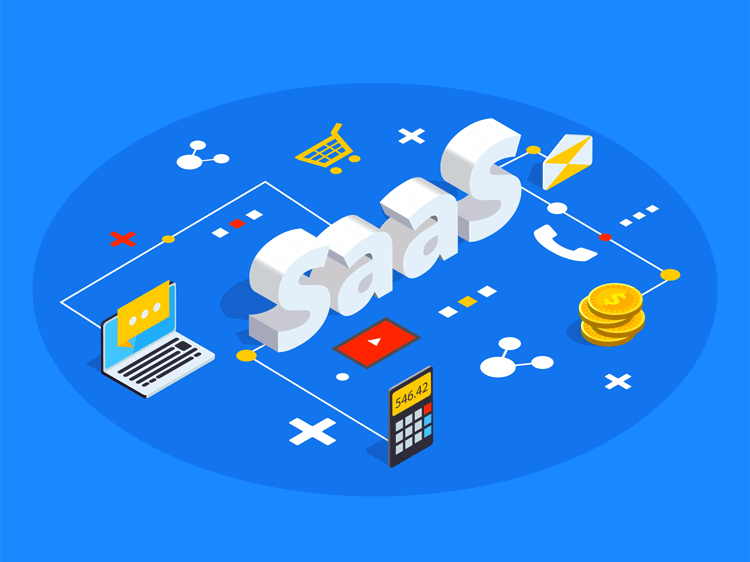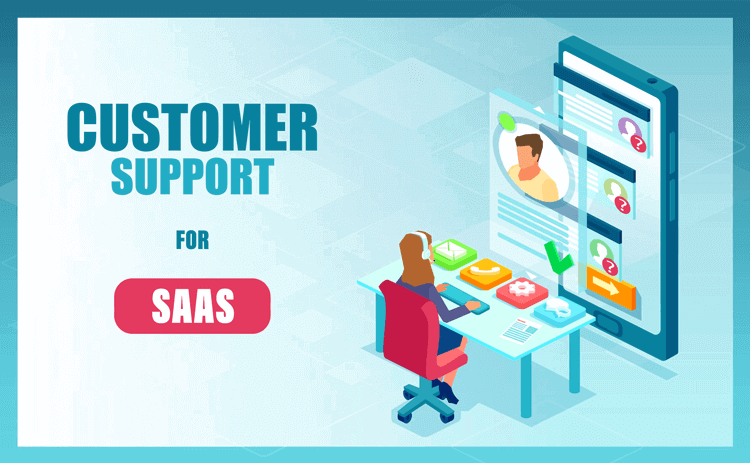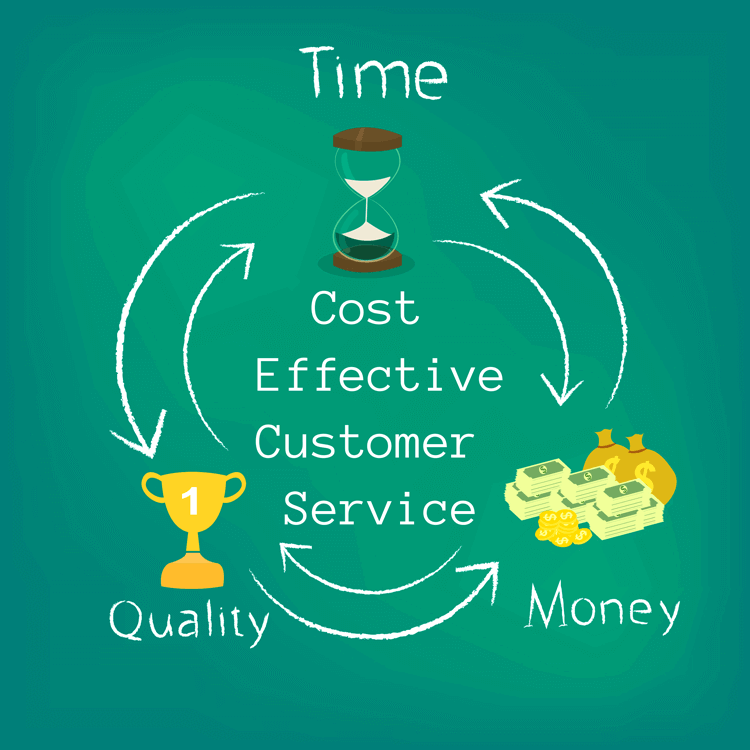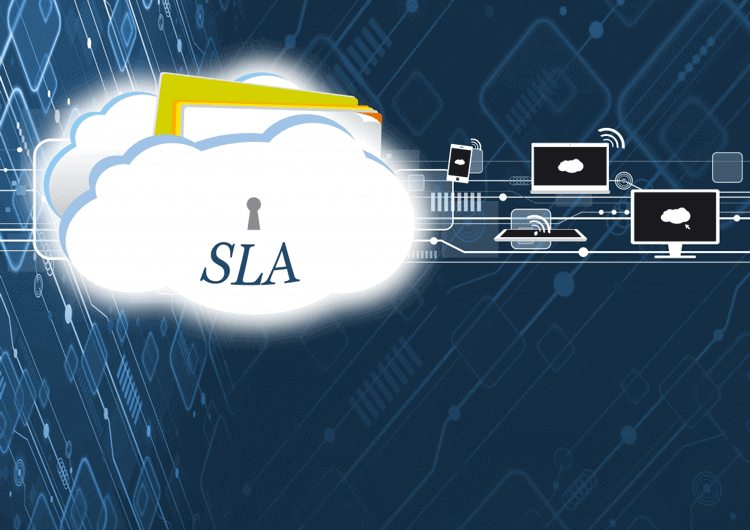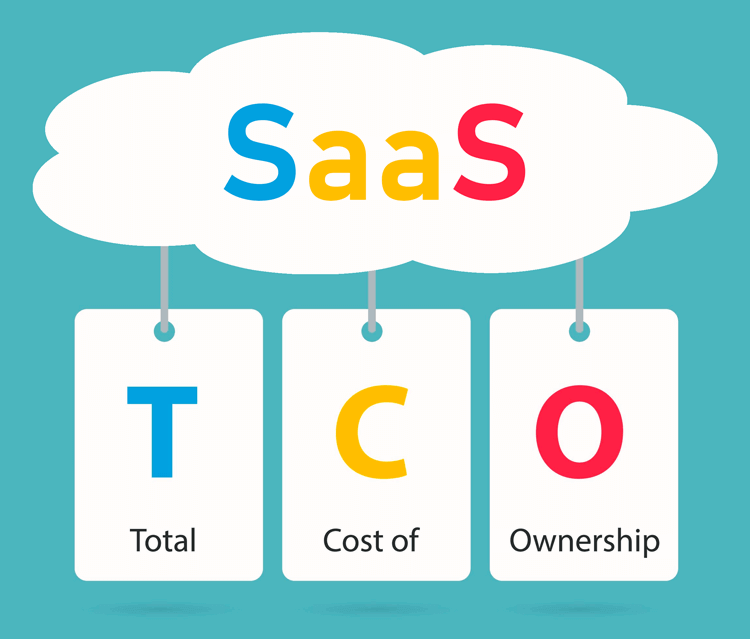
Photo Attribution: chrupka/Shutterstock.com
What Does TCO Stand For?
As everyday consumers, we often consider price one of the top indicators to justify a purchase. When we say "price," we mean the sticker price, but rarely do we factor in other costs involved with maintaining a product. The same goes for organizations. They are often home to various software and services with an upfront cost. That upfront cost is likely an attractive number, strategically formulated to obtain a signed service agreement. Licenses and maintenance fees associated with the purchase are usually a small component of the overall total cost of ownership (TCO). Where actual costs can begin to pile up are in the areas of labor to maintain software, infrastructure, and hardware.
Calculating true total ownership cost can be a tedious process, though it is necessary. Before sending your IT team out to solicit new SaaS products, be sure they have a standardized template of data to look for beyond the sticker price.
[Read More]
